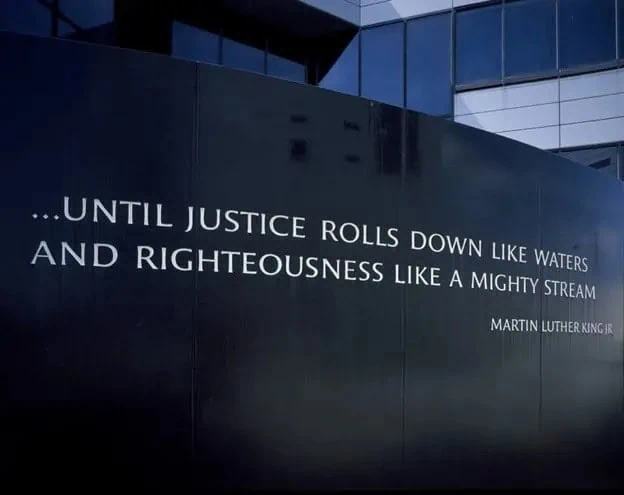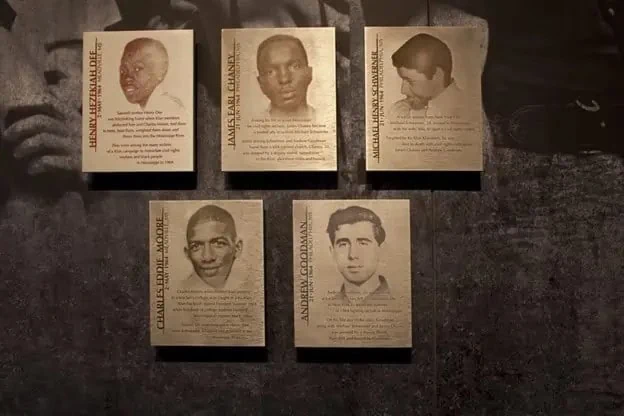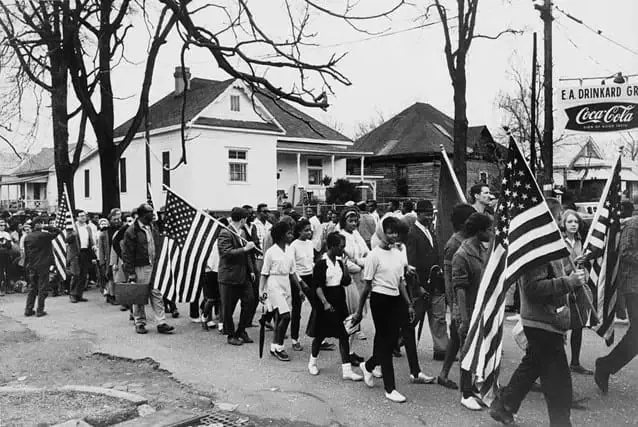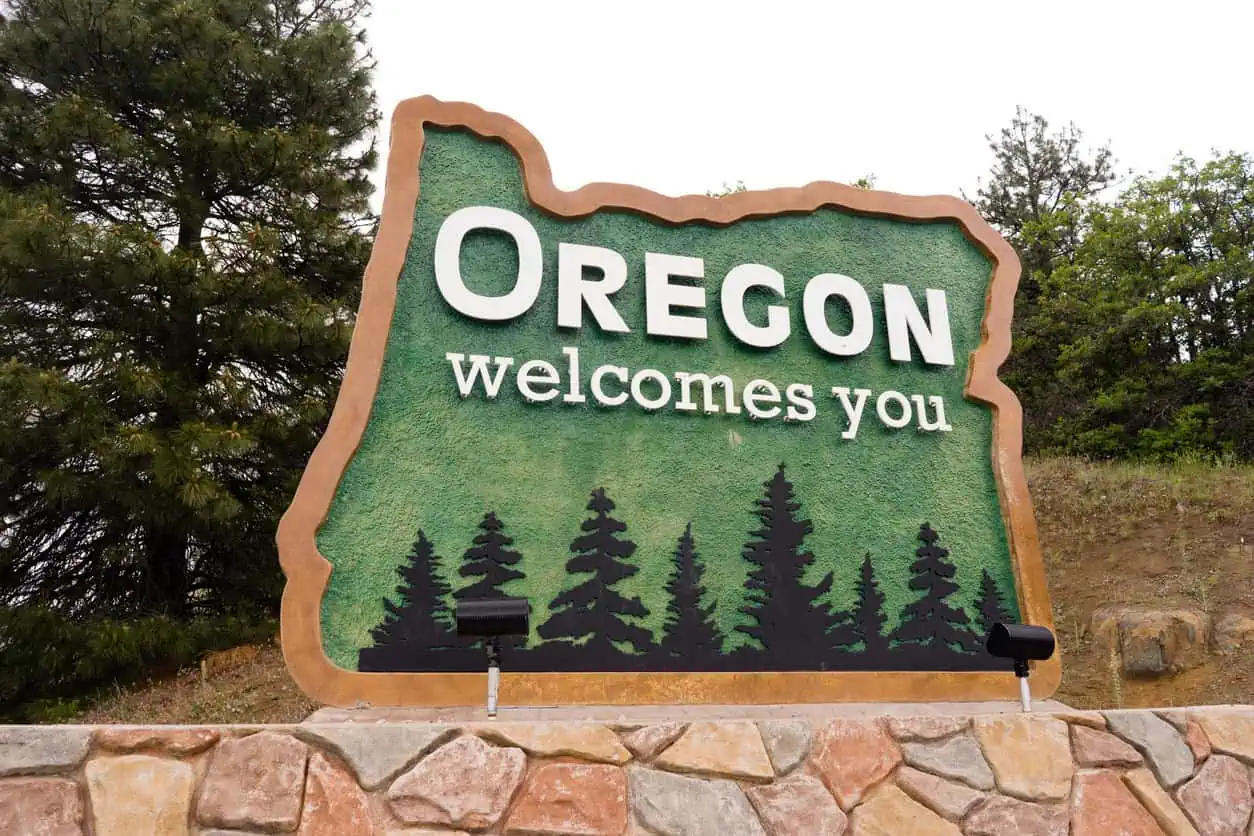
Civil Rights History in Alabama: A Journey of Struggle and Triumph
Alabama stands as a significant landmark in the annals of American civil rights history. The state witnessed some of the most pivotal moments, events, and figures that shaped the trajectory of the civil rights movement. From peaceful protests to violent confrontations, Alabama’s soil has been a testament to the indomitable spirit of those who fought for equality and justice.
Montgomery Bus Boycott (1955-1956)
The Montgomery Bus Boycott was a political and social protest against racial segregation on the public transit system of Montgomery, Alabama. It was sparked by Rosa Parks, an African American woman who refused to give up her bus seat to a white passenger. This act of defiance led to a 381-day boycott of the buses by African Americans, ultimately leading to a Supreme Court ruling that segregation on public buses was unconstitutional.
Source: History.com
Birmingham Campaign (1963)
The Birmingham Campaign was a movement organized by the Southern Christian Leadership Conference (SCLC) to bring attention to the integration efforts of African Americans in Birmingham, Alabama. Led by Martin Luther King Jr., the campaign faced violent responses from authorities, most notably the use of fire hoses and attack dogs on protesters. The campaign’s events, especially the Children’s Crusade, played a crucial role in pushing for the Civil Rights Act of 1964.
Source: Britannica
Selma to Montgomery Marches (1965)
These series of marches were organized to protest the blocking of Black voter registration by the local county registrar. The first march, known as “Bloody Sunday,” saw protesters brutally attacked by state troopers as they tried to cross the Edmund Pettus Bridge. The violence garnered national attention, leading to the organization of two more marches, with the final one successfully reaching Montgomery. These events played a significant role in the passing of the Voting Rights Act of 1965.
Source: History.com
The Role of Churches
Churches in Alabama, particularly the 16th Street Baptist Church in Birmingham, played a pivotal role in the civil rights movement. They served as meeting places, safe havens, and platforms for leaders like Martin Luther King Jr. to deliver their messages. Tragically, the 16th Street Baptist Church was also the site of a bombing in 1963, killing four young African American girls.
Source: NPS.gov
Legacy and Memorials
Today, Alabama is home to several sites that commemorate the civil rights movement. The US Civil Rights Trail includes many of these landmarks, allowing visitors to trace the steps of civil rights activists. The National Memorial for Peace and Justice in Montgomery also stands as a somber reminder of the racial terror lynchings that took place in the state and across the country.
Source: US Civil Rights Trail
Conclusion
Alabama’s civil rights history is a testament to the courage, resilience, and determination of countless individuals who stood against racial injustice. Their legacy continues to inspire and reminds us of the continuous journey towards equality and justice.










